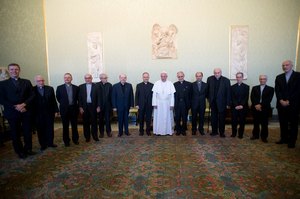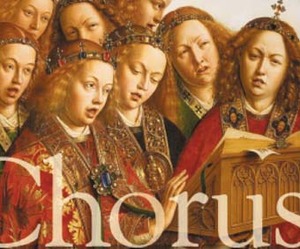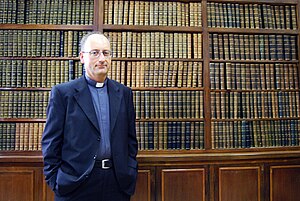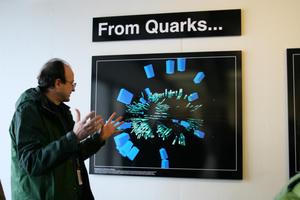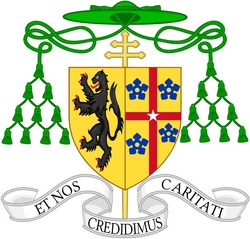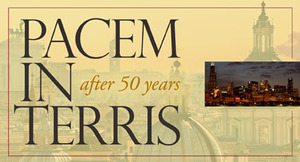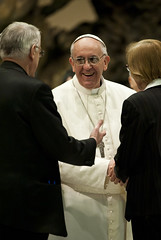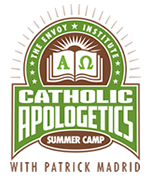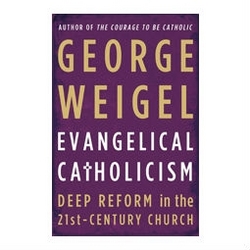Jesus is oriented toward the Father. His face is set on God. As Saint Luke says, "Jesus steadfastly set His face to go to Jerusalem." Today's Angelus text given by Pope Francis is a marvelous for study and prayer. "If a Christian does not know how to talk with God, does not know how to listen to God, in his own conscience, then he is not free - he is not free."
AND
"So we also must learn to listen more to our conscience. Be careful, however: this does not mean we ought to follow our ego, do whatever interests us, whatever suits us, whatever pleases us. That is not conscience. Conscience is the interior space in which we can listen to and hear the truth, the good, the voice of God. It is the inner place of our relationship with Him, who speaks to our heart and helps us to discern, to understand the path we ought to take, and once the decision is made, to move forward, to remain faithful."
Pope Francis presents Pope Benedict XVI as an example of this discernment. I recommend that you consider reading the Pope's Angelus text here.
